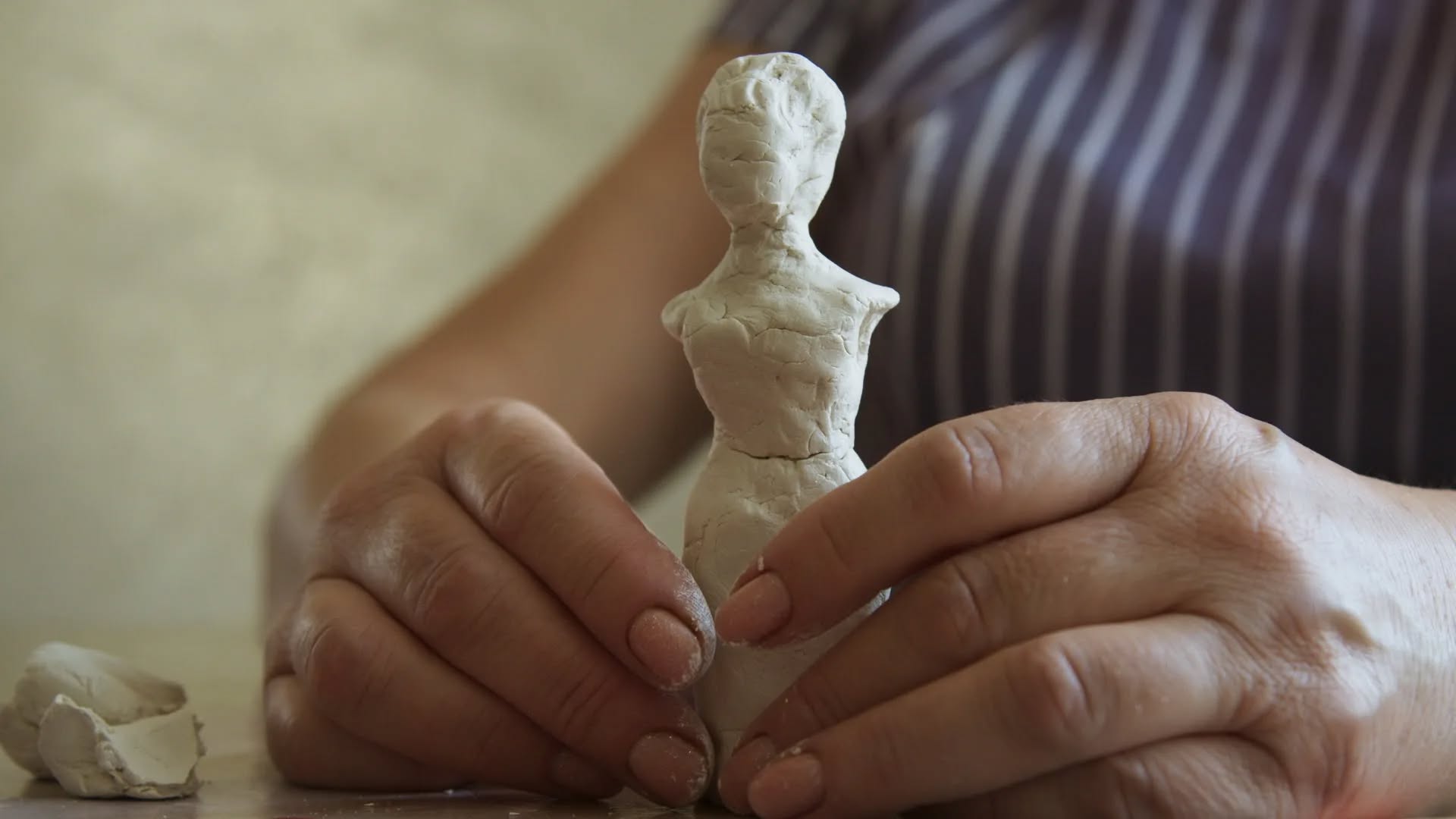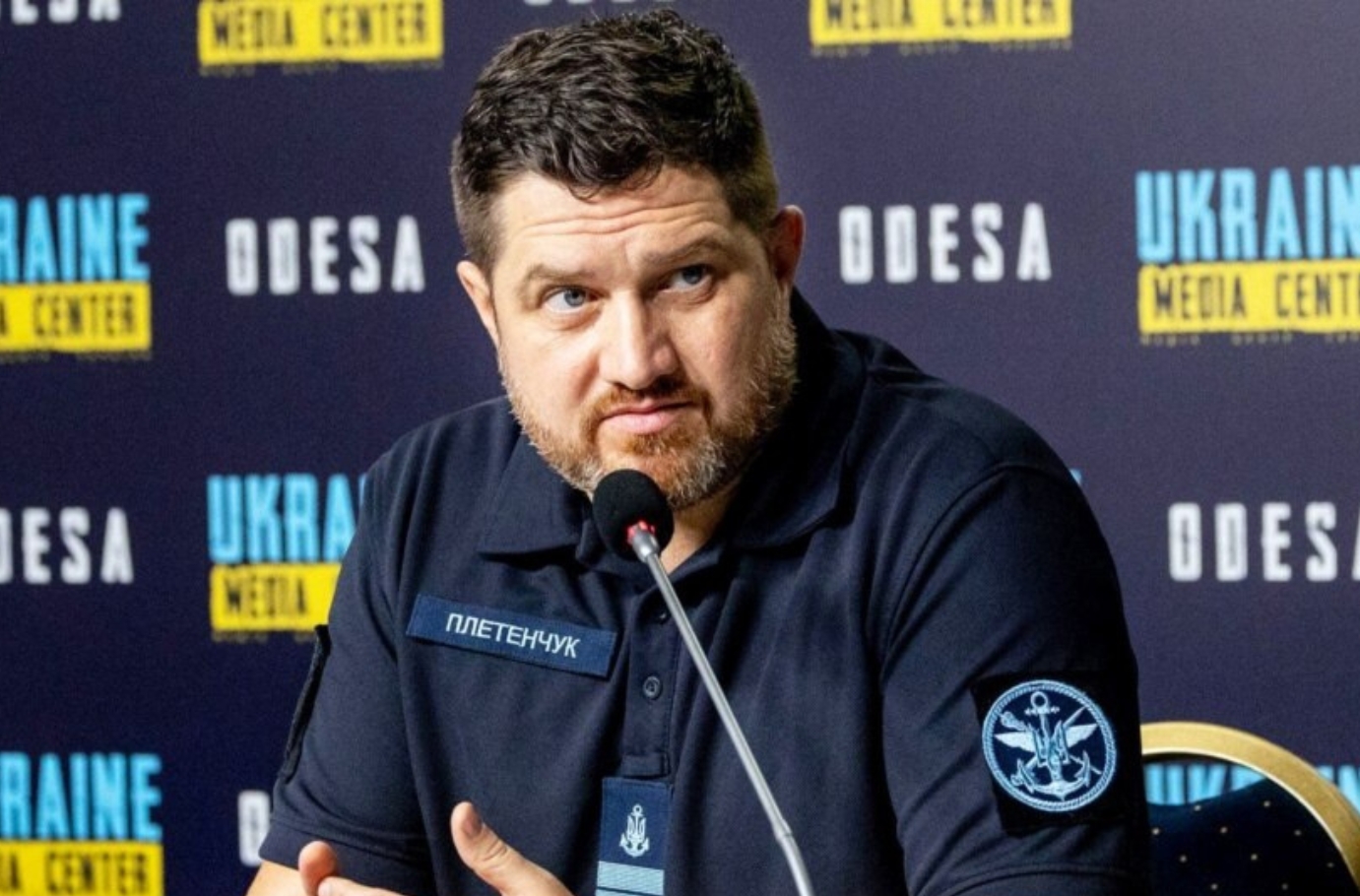In 2025, France plans to manufacture 1,200 AASM Hammer bombs for Ukraine, nearly double the amount produced in 2024.
German Chancellor Olaf Scholz, in his final public speech in office, called for the preservation of a united and peaceful Europe. Scholz assured that Berlin would not tolerate the war initiated by Putin against Ukraine. He emphasized that Europe represents freedom, democracy, and the rule of law and stands in opposition to the bloody horrors of war, making it incompatible with military imperialism and the disregard of international law.
Swedish Minister for Migration Johan Forssell expressed his outrage over a car rally held in Stockholm to mark May 9. He pointed out that Sweden is not obliged to "extend hospitality" to those who "threaten our public order or security."
In Lithuania, additional restrictions have come into effect for Russian citizens, including the loss of residence permits for those who travel to Russia or Belarus more than once within three months without valid reasons.
The administration of President Donald Trump has developed new economic measures to exert pressure on the Kremlin, which shows no signs of seeking an end to the war against Ukraine.
Since 2014, 24,311 sanctions have been imposed on Russia—five times more than on Iran, which is subject to around 5,000 restrictions. The U.S. has imposed the most sanctions on Russia—7,384, representing more than 30% of the total. Other countries, including Canada (3,639), Switzerland (3,266), and France (2,423), have also imposed significant sanctions.
The crisis in Russia’s mortgage market is intensifying: overdue loans have exceeded 100 billion rubles, developers are freezing new projects, and buyers are looking for alternatives to mortgages, such as installment plans, leasing, and trade-ins. Despite state support measures, housing affordability has sharply declined. Banks are tightening lending, and developers are adjusting their strategies, raising concerns about a housing shortage.
The availability of mass housing developments has sharply decreased in Moscow.
Russia’s Ministry of Labor will take measures to reduce student dropout rates to address the critical shortage of nearly 500,000 medical professionals.
Russia has the highest phone fraud rate in the world—over 20 million calls daily. The number of scam calls has remained at 6-7 million per day for several months.
An illegal market for smuggling imported goods has developed in Russia. The trade is organized via the "shuttle" system: some Russians travel abroad to buy necessary items and then bring them back to Russia disguised as personal belongings. There is high demand for luxury goods, jewelry, and expensive gadgets.
Belarus ranks 166th in the Press Freedom Index, according to a report from the organization Reporters Without Borders (RSF). "34 countries are highlighted for mass media closures, leading to the expulsion of journalists in recent years. This is particularly evident in Nicaragua (172nd place), Belarus (166th), Iran (176th), Myanmar (169th), Sudan (156th), Azerbaijan (167th), and Afghanistan (175th), where economic difficulties exacerbate the impact of political pressure," RSF noted. According to the Belarusian Association of Journalists, 40 media representatives are currently behind bars.
As of April 2025, overdue debt in Belarus from individuals’ loans amounted to 42.7 million rubles (up by 28.6% from 33.2 million). In the first quarter of 2025 (January-March), banks issued loans totaling 4 billion 54.7 million rubles, 16.5% more than the same period in 2024 (3 billion 479 million).



















